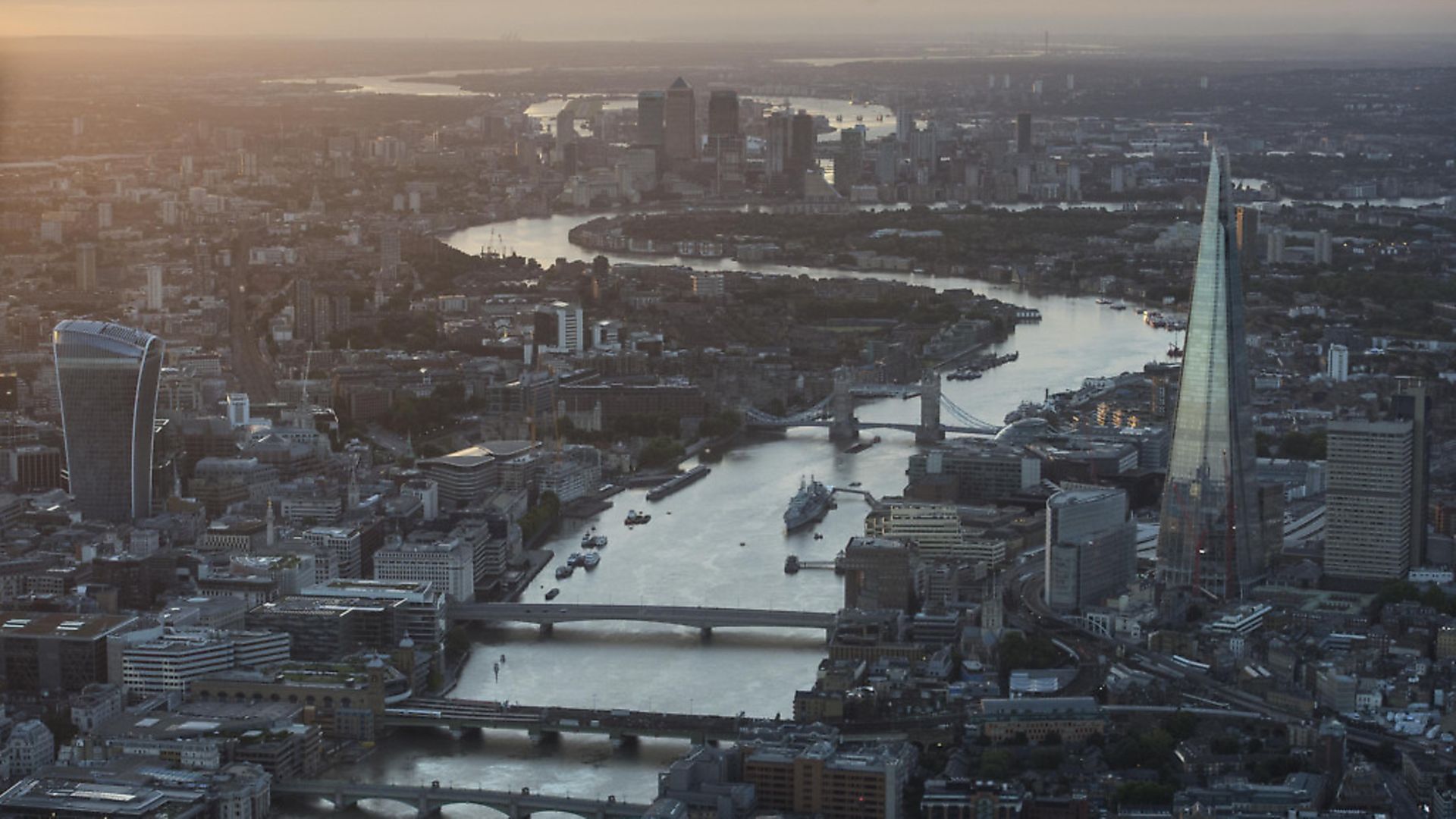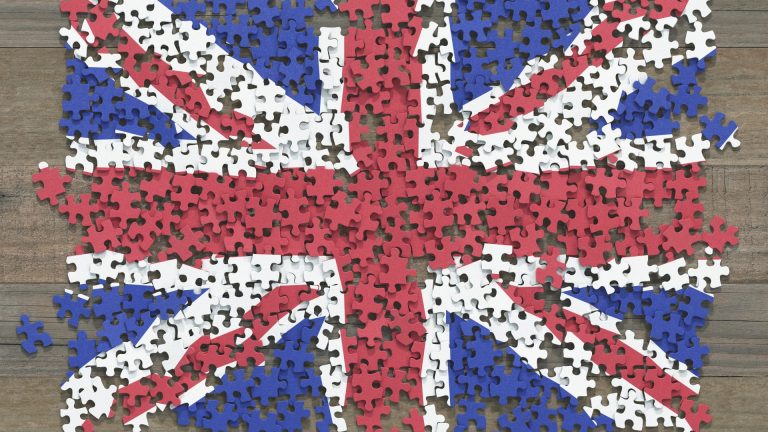
Post Brexit, Unilever and Shell could take advantage of lower corporate taxes in the Netherlands. ANGELA JAMESON reports.
While we have all been braced to hear which American and Asian banks will hotfoot it out of London when Brexit comes, we should perhaps be more worried by signs that two huge British companies are thinking of saying goodbye.
Shell and Unilever, Anglo-Dutch giants that will be known in most British homes, are considering taking advantage of an aggressive move by the Dutch Government to scrap a 15% tax on dividends from January 2019 and make Holland their single corporate home.
The issue has prompted protests and parliamentary debates in the Netherlands yet it has barely raised an eyebrow here, despite being just the sort of move that David Davis would like to use to keep companies in Britain. Two announcem-ents underline the threat. The first was from Unilever, the UK’s third biggest company which owns PG Tips, as well as Dove, Persil and Knorr. It said that it would delay a decision on whether to choose the UK or the Netherlands for its headquarters, because of the political emotions running high in Europe.
The consumer group, which saw off an unwanted takeover attempt from Kraft Heinz last year, would like to unify its dual-structure in favour of one single legal corporation, because that would make it easier to do deals and spin off businesses.
But Unilever has recognised that taking a decision right now would inevitably be politicised and kicked it down the road. That does not mean the issue will disappear though, and the Dutch move on tax will strengthen the Netherlands’ claim on the company.
Also this week, Royal Dutch Shell announced that it would resume paying its dividend in cash, rather than paying part of it in so-called scrip dividends. The scrip dividend was a way for the Anglo-Dutch energy company to save cash when the oil price tanked but it meant it had to issue thousands of new shares, diluting ownership for investors who are dual-listed in Holland and the UK.
Shell openly lobbied for the Dutch tax to be cut and could make significant savings if it scrapped its complicated dual share structure, which gives shareholders different rights.
If Shell and Unilever both decide to list in the Netherlands, the overall FTSE All share dividend yield – the amount pension funds, insurance companies and other investors earn from UK shares – would fall by 14%. With interest rates at historic lows and investors constantly searching for places to find better returns, this would be unwelcome.
With Brexit looming, competition to attract multinational companies has ramped up. David Davis has talked about making the UK a Singapore-style economy with ultra-low taxation, but the Dutch have already cut the corporate tax rate from 25% to 21%.
While our politicians are distracted by Brexit negotiations, without any apparent progress, other nations could easily copy the Dutch and push ahead of us with enticements for big business.
Good news from the Bank of England: the country’s biggest banks can survive even a ‘disorderly’ Brexit. However, the Bank is concerned about the stress the banks would face if Britain crashed out of the EU without a deal, at the same time as a global recession.
That is why it is forcing banks to hold an extra £6bn in capital to guard against any egregious risks and it could insist on them holding more, the following year. So we’re clearly not out of the woods yet.
One of the big risks the Bank of England did not cover with its stress tests was that of a Labour government, led by Jeremy Corbyn as Prime Minister.
Bankers at Morgan Stanley have told clients in their 2018 predictions that there could be another General Election in the UK towards the end of the year, when Theresa May has to admit that she could not get the Brexit deal her party wants.
Morgan Stanley warns that for those thinking of investing in the UK, the domestic situation and the prospect of nationalisation, higher taxes and Labour spending priorities could be a bigger risk than Brexit. Coming from a US bank, that recommendation will no doubt win Corbyn a few more fans.









